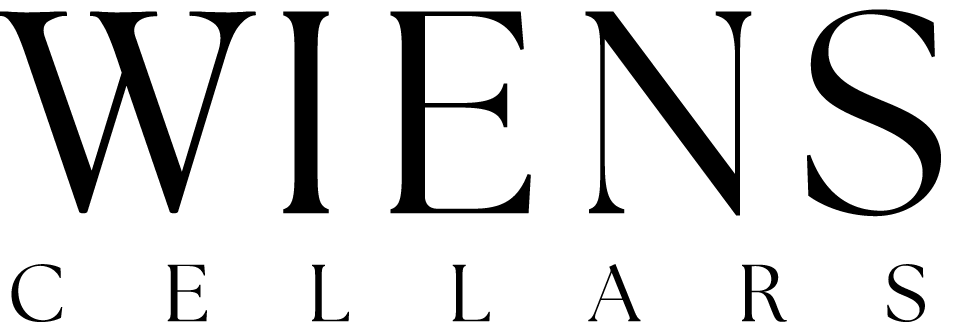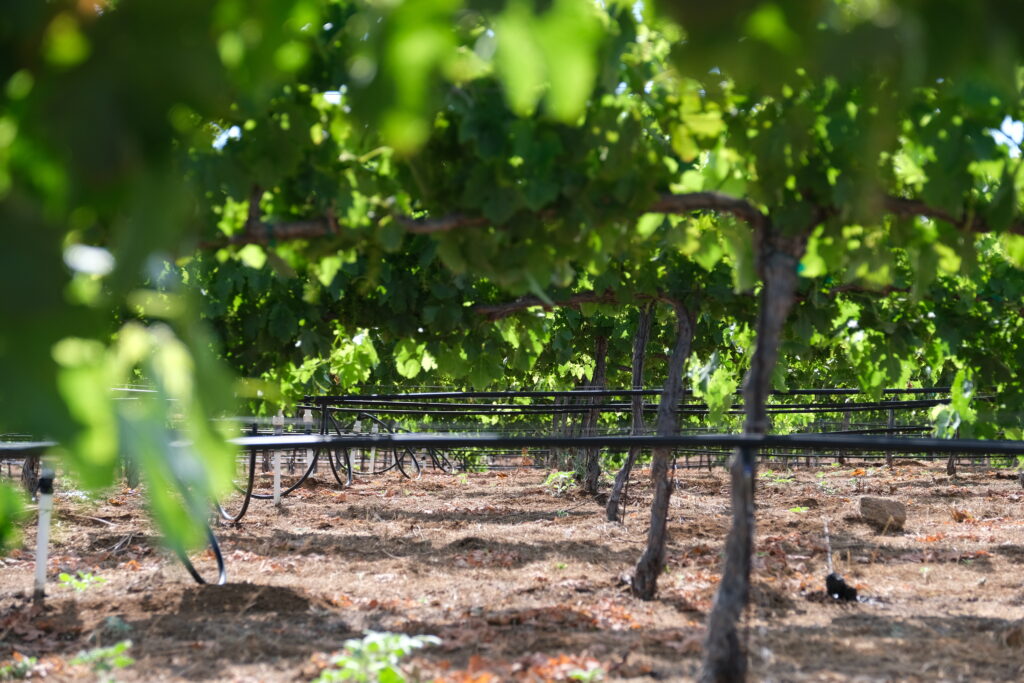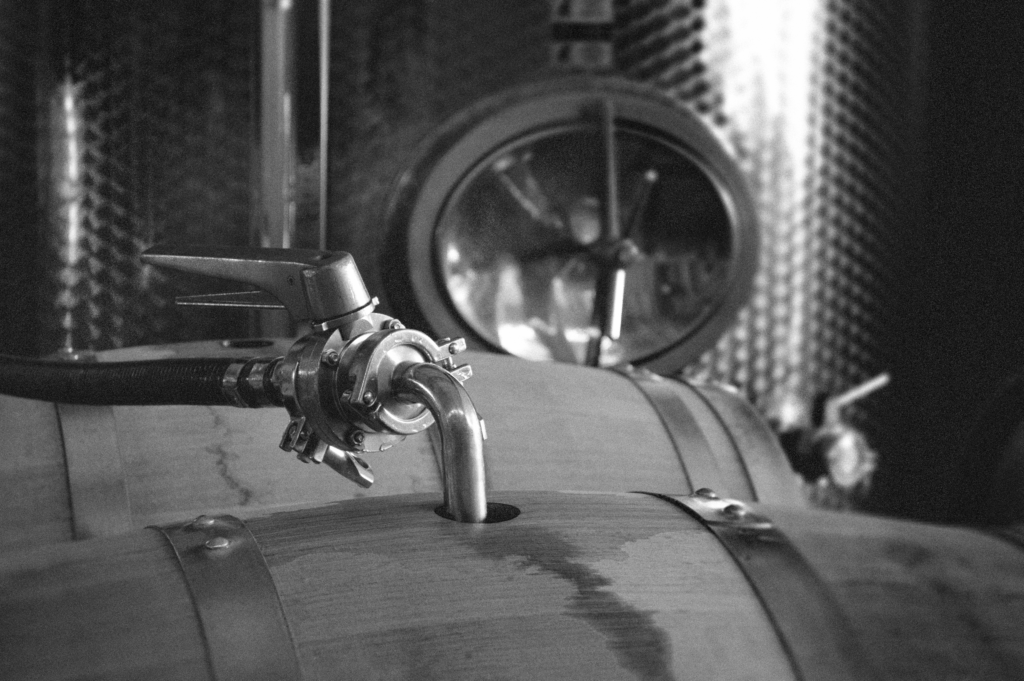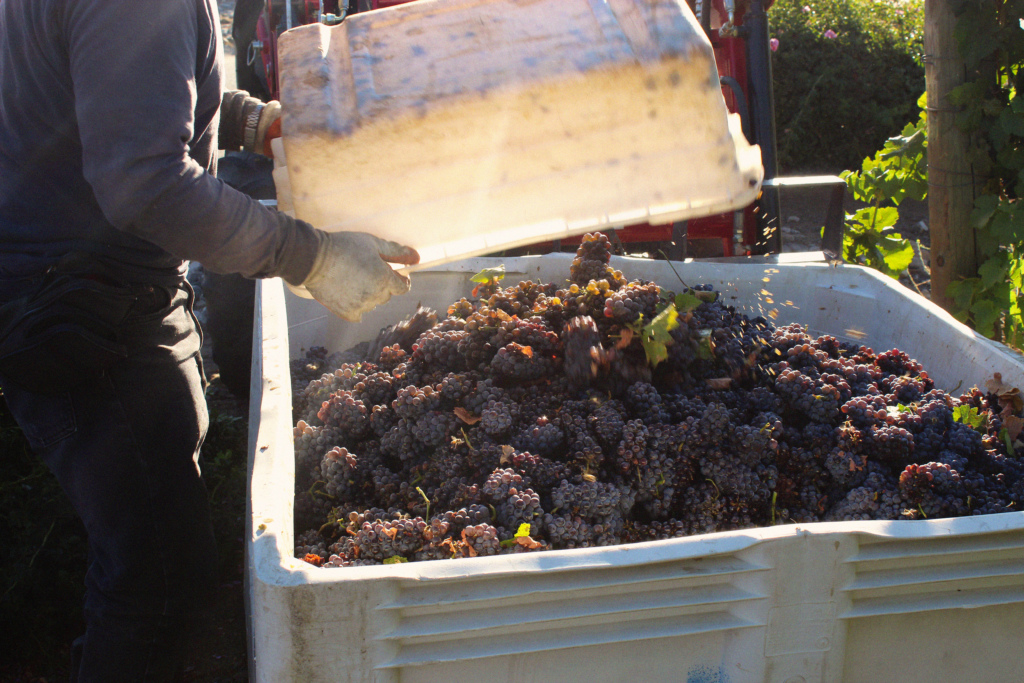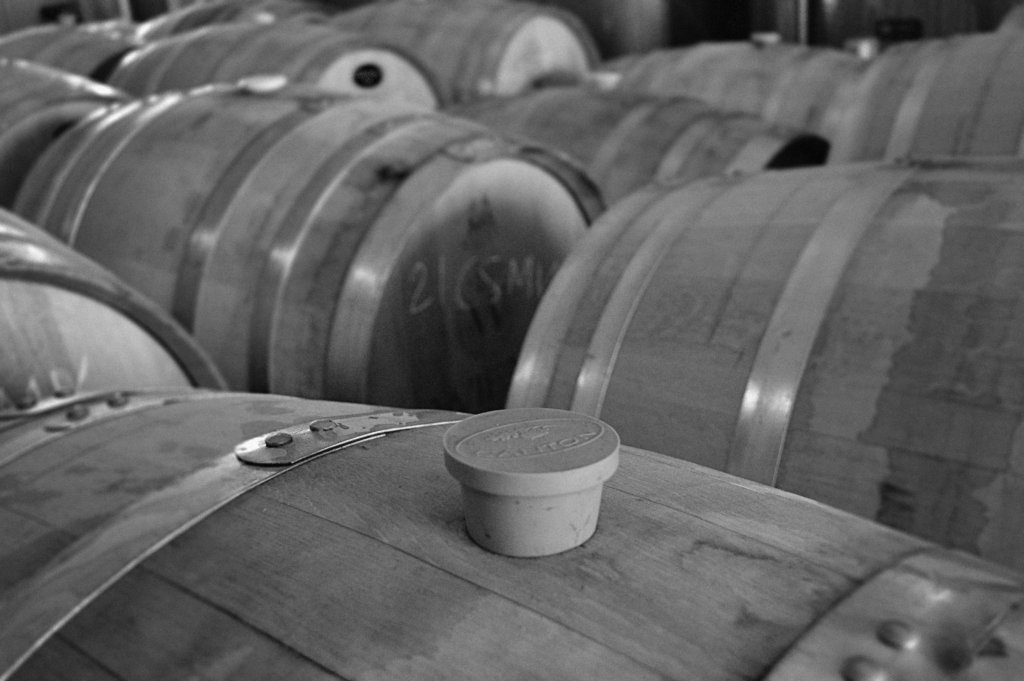In the lush landscapes where vines intertwine with celestial rhythms and cosmic energies, a unique approach to winemaking takes root – Biodynamic Wines. Beyond the conventional realms of viticulture, this holistic practice weaves together agricultural wisdom, spiritual philosophy, and ecological harmony. Guided by the principles set forth by Rudolf Steiner, Biodynamic Winemaking emerges as an intriguing journey that transcends organic farming, aiming for a harmonious coexistence between the earth, the vine, and the cosmos.
Join us as we venture into the heart of this distinctive winemaking philosophy. From the intricacies of Biodynamic Agriculture principles to the hands-on techniques employed in vineyards and cellars, we unravel the mysteries behind this sustainable and spiritually enriched approach to crafting wines. Explore the origins, the practices, and the controversies surrounding Biodynamic Wines, and discover a world where every grape tells a story of ecological integrity and cosmic connection.
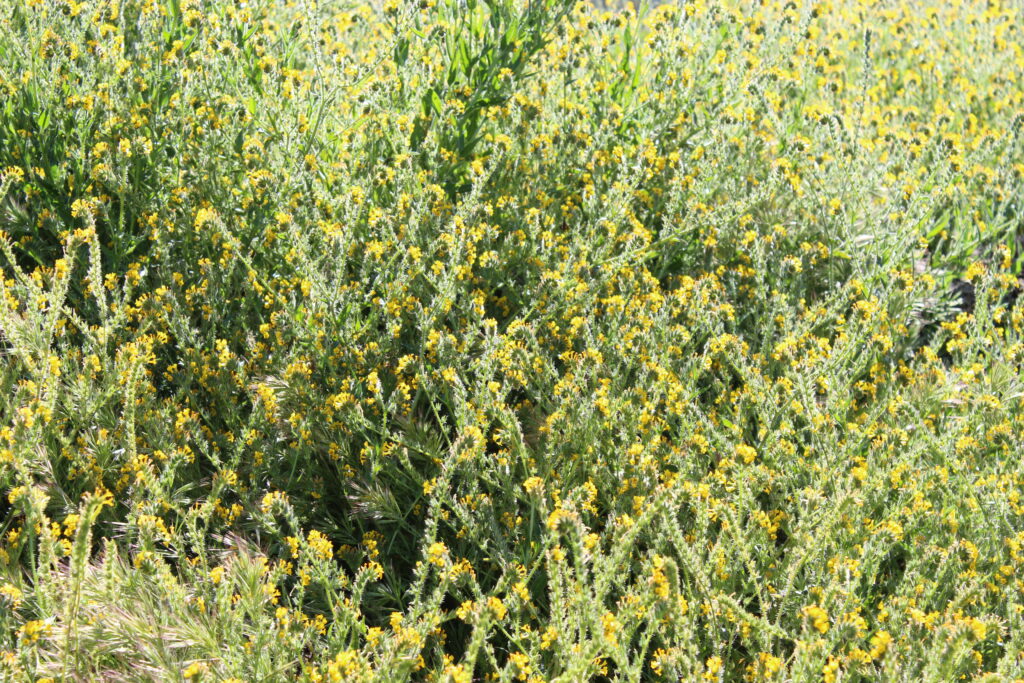
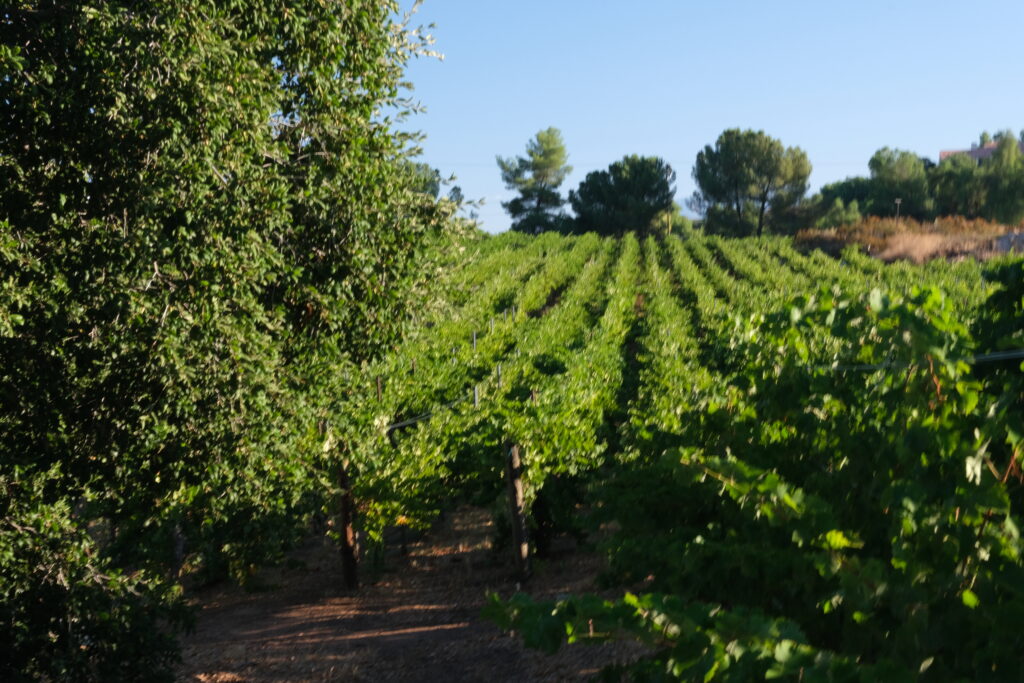
Explanation of Biodynamic Agriculture Principles
Biodynamic winemaking, an intriguing fusion of agricultural wisdom and ecological spirituality, stands at the forefront of sustainable viticulture. Rooted in the principles of Austrian philosopher Rudolf Steiner, this holistic approach extends beyond organic farming, embracing a harmonious relationship between the vineyard, celestial rhythms, and cosmic forces. As we delve into the world of biodynamic wines, let’s unravel the philosophy that guides this unique winemaking practice.
The Origins of Biodynamic Winemaking
To understand the essence of biodynamic winemaking, we embark on a historical journey to its origins in the early 20th century. Rudolf Steiner’s lectures in 1924 laid the groundwork, introducing a holistic perspective that not only considers the health of the soil and the vine but also acknowledges the broader cosmic influences on agriculture. From these philosophical roots, the movement gained momentum, evolving into a comprehensive system that shapes vineyard practices and winemaking techniques to this day.
Biodynamic Principles in Viticulture
Overview of Biodynamic Farming Practices
Biodynamic viticulture stands at the intersection of agricultural science and cosmic harmony. This holistic approach extends beyond conventional farming, embracing a philosophy that views the vineyard as a self-sustaining ecosystem. Biodynamic farmers prioritize the use of natural and organic materials, steering away from synthetic pesticides and fertilizers. Cover cropping, companion planting, and the integration of animals into the vineyard are integral components, fostering biodiversity and creating a balanced microcosm.
The Role of the Biodynamic Calendar
Central to Biodynamic Viticulture is the adherence to a celestial guide – the Biodynamic Calendar. Rooted in lunar and cosmic cycles, this calendar dictates optimal times for various vineyard activities. Planting, pruning, and harvesting align with lunar phases, harnessing the gravitational forces that influence sap flow and growth patterns. The cosmic dance between celestial bodies becomes a rhythm that orchestrates the vineyard’s vitality, enhancing fruit quality and vine resilience.
Importance of Soil Health and Biodiversity
The foundation of Biodynamic Viticulture rests in the soil – a living, breathing entity that sustains the vine. Biodynamic practitioners prioritize soil health through composting, cover cropping, and the application of herbal preparations. The aim is not just fertility but vitality, creating a rich, diverse soil ecosystem. Biodiversity is championed, as vineyards become habitats for a myriad of organisms, from beneficial insects to microorganisms, contributing to a balanced and resilient terroir. In Biodynamic Viticulture, the soil is not merely a medium; it’s a vibrant tapestry that weaves its essence into every grape and, ultimately, into the wine it produces.
Preparations and Compost in Biodynamic Viticulture
Specific Biodynamic Preparations Used in Viticulture
Biodynamic viticulture introduces a unique set of preparations, often referred to as “preps,” that play a crucial role in enhancing the life forces within the vineyard. These preparations, numbered 500 to 508, are meticulously crafted from natural materials, each serving a specific purpose. For example, Preparation 500 involves burying cow horns filled with cow manure during the winter. This preparation stimulates microbial activity in the soil, fostering nutrient absorption and root development. Others, like Preparation 501 (horn silica), are sprayed on the vines to enhance light absorption and photosynthesis.
Composting Methods and Their Significance
Composting is the heartbeat of biodynamic farming, embodying the philosophy of recycling and regeneration. Biodynamic compost is not merely a means of waste disposal; it’s a potent elixir that rejuvenates the soil. Composting in biodynamics involves a thoughtful blend of organic matter, manure, and the biodynamic preparations. This process transforms waste into a nutrient-rich, humus-filled compost that replenishes the soil with life forces. The resulting compost is a cornerstone of soil fertility, ensuring that the vineyard thrives as a harmonious and interconnected ecosystem. Through the alchemical process of composting, biodynamic viticulture strives to mimic the dynamic cycles of nature, closing the loop of sustainability in the vineyard.
The Winemaking Process in Biodynamic Viticulture
How Biodynamic Principles Extend to the Cellar
Biodynamic principles extend seamlessly from the vineyard to the cellar, where winemakers embrace a holistic approach to crafting exceptional wines. The key tenet is to maintain the vitality of the grape and the terroir it embodies. In the cellar, biodynamic winemakers prioritize a non-invasive, thoughtful approach that respects the inherent qualities of the fruit. This involves gentle handling of the grapes, minimal use of sulfites, and eschewing the need for artificial adjustments. The goal is to allow the wine to express its unique character, reflecting the synergy between the vineyard’s biodynamic vitality and the winemaker’s skill.
Natural Fermentation and Minimal Intervention
Biodynamic winemaking places a premium on natural processes, and fermentation is no exception. Natural or wild fermentation, driven by indigenous yeasts present on grape skins, is favored over the introduction of commercial yeasts. This approach allows the unique microbial terroir of the vineyard to shape the wine’s flavor profile authentically. Additionally, minimal intervention is a guiding principle; winemakers refrain from excessive filtration and manipulation, letting the wine evolve organically. This hands-off approach not only respects the integrity of the fruit but also results in wines that are vibrant, expressive, and reflective of their terroir. The marriage of biodynamic principles and winemaking expertise culminates in bottles that tell a story of a vineyard’s vitality and the winemaker’s commitment to authenticity.
Certification and Regulation in Biodynamic Winemaking
Understanding Biodynamic Certifications
Biodynamic certifications serve as a testament to a winery’s commitment to the highest standards of sustainable and holistic viticulture. Organizations like Demeter International oversee the certification process, ensuring that winemakers adhere to the rigorous principles of biodynamics. To receive certification, vineyards must demonstrate not only organic farming practices but also a dedication to biodynamic preparations, biodiversity, and alignment with cosmic rhythms. Certification acts as a symbol of authenticity, assuring consumers that the wine is a product of ethical and sustainable viticulture.
The Differences Between Organic and Biodynamic Certifications
While both organic and biodynamic certifications share a commitment to environmentally conscious practices, they differ in scope and philosophy. Organic certifications primarily focus on the absence of synthetic chemicals, pesticides, and genetically modified organisms. In contrast, biodynamic certifications encompass a more comprehensive approach, considering the interconnectedness of the vineyard with celestial and earthly forces. Biodynamic certification, therefore, includes adherence to strict organic standards while incorporating spiritual and cosmic dimensions into farming practices. Understanding these distinctions helps consumers make informed choices aligned with their values and preferences for eco-friendly and holistic viticulture.
The Debate Around Biodynamics
Scientific Perspective vs. Spiritual/Philosophical Approach
The debate surrounding biodynamics revolves around the clash between scientific rationale and the spiritual or philosophical underpinnings of the practice. From a scientific standpoint, critics argue that certain biodynamic principles lack empirical evidence, challenging the validity of practices like planting and harvesting based on lunar cycles. However, proponents of biodynamics contend that the holistic approach contributes to soil health, biodiversity, and overall vineyard vitality. The tension between these perspectives sparks ongoing discussions about the measurable impact of biodynamics on grape quality and environmental sustainability.
Consumer Perceptions and Market Trends
Consumer perceptions of biodynamic wines play a crucial role in shaping market trends. Some consumers are drawn to the idea of wines produced in harmony with nature, appreciating the holistic philosophy that extends from the vineyard to the bottle. On the other hand, skepticism about the spiritual aspects of biodynamics may lead some consumers to question the validity of associated claims. Despite these varied perspectives, there is a growing trend toward environmentally conscious and sustainable practices in the wine industry. Biodynamic wines, with their unique philosophy, continue to capture the attention of a niche market seeking wines that align with their values of holistic farming and ethical consumption.
The Taste of Biodynamic Wines
Characteristics that Distinguish Biodynamic Wines
Biodynamic wines often exhibit unique characteristics that distinguish them from conventionally produced wines. The emphasis on biodiversity and soil health in biodynamic viticulture can contribute to a more vibrant expression of terroir. These wines may showcase a greater depth of flavors, heightened minerality, and a nuanced aromatic profile. The holistic farming approach, which considers the entire ecosystem, aims to create a harmonious environment that allows the grapes to reflect the distinctiveness of their terroir.
The Argument for Improved Quality and Terroir Expression
Proponents of biodynamic winemaking argue that the holistic practices associated with it lead to wines of improved quality and a more authentic expression of terroir. The careful attention to soil health, biodiversity, and the avoidance of synthetic inputs can result in grapes that are more in tune with their natural surroundings. This, in turn, is believed to translate into wines that genuinely reflect the unique characteristics of the vineyard. The argument extends beyond mere taste, emphasizing a deeper connection between the wine, its origin, and the overarching philosophy of sustainable, holistic agriculture.
Biodynamic Wineries Around the World
Examples of Renowned Biodynamic Wineries
Renowned biodynamic wineries stand as beacons of sustainability and excellence, demonstrating a commitment to both environmental harmony and exceptional wine production. Among these, Domaine de la Romanée-Conti in Burgundy, France, holds a prestigious status. This estate, famed for its Grand Cru wines, meticulously employs biodynamic principles in its vineyard management. The result is wines that not only reflect the unique terroir but also embody a deeper connection to the land.
Venturing to New Zealand, Seresin Estate in Marlborough exemplifies the fusion of biodynamics with the country’s pristine winemaking landscape. Their portfolio of wines, cultivated through organic and biodynamic farming, mirrors the purity of the region. The commitment to holistic practices at Seresin extends beyond the vineyard, emphasizing the interdependence of viticulture and the environment.
In the heart of California’s wine country, Benziger Family Winery has been at the forefront of biodynamic farming in Sonoma County. By integrating biodynamic principles into their vineyard management, Benziger has showcased the adaptability of these practices to diverse terroirs. Their success serves as an inspiration for other wineries in the region to embrace sustainable viticulture fully.
The Influence of Biodynamics on Global Wine Regions
The influence of biodynamics transcends individual wineries, shaping the viticultural landscape of entire regions.
Alsace in France, known for its aromatic white wines, has witnessed a growing interest in biodynamic practices. Wineries here are recognizing the potential of these principles to enhance the expression of the region’s diverse grape varieties. As more vineyards adopt biodynamics, Alsace is becoming a stronghold for sustainable viticulture in France.
Italy, with its rich winemaking heritage, has also seen a surge in biodynamic adoption. Tuscany and Sicily stand out as regions where wineries are embracing these holistic principles. The commitment to ecological harmony in these areas contributes not only to the quality of individual wines but also to the overall biodiversity of the Italian wine landscape.
The global wine community’s increasing awareness of the environmental and qualitative benefits of biodynamic viticulture suggests a promising future. As more wineries worldwide integrate these practices, the industry is on a transformative journey towards sustainability and a deeper connection with the land.
Challenges and Criticisms
Addressing Common Criticisms of Biodynamic Practices
Despite the many benefits associated with biodynamic winemaking, certain criticisms have been raised by skeptics and industry observers. It’s essential to address these concerns to provide a comprehensive understanding of the practice.
- Esoteric and Ritualistic Nature
- Response: Biodynamic practices, rooted in anthroposophy, may appear esoteric to some. However, proponents argue that the rituals and preparations have practical applications in enhancing soil health and vine vitality.
- Lack of Scientific Evidence
- Response: The scientific community sometimes questions the empirical evidence supporting biodynamics. While scientific validation is ongoing, many winemakers emphasize the observable positive effects on soil structure and grape quality.
- Cost and Labor-Intensiveness
- Response: Critics argue that biodynamic practices can be costly and labor-intensive. However, supporters contend that the long-term benefits, such as improved soil fertility and resilient vines, justify the initial investments.
Challenges Faced by Biodynamic Winemakers
Biodynamic winemakers encounter specific challenges in their pursuit of sustainable and holistic viticulture. Acknowledging and overcoming these hurdles is integral to the continued growth of biodynamics.
- Pests and Diseases
- Challenge: Biodynamic vineyards may face challenges in pest and disease management without the use of synthetic pesticides.
- Mitigation: Implementing biodiversity, companion planting, and natural predators can contribute to pest control.
- Climate and Weather Variability
- Challenge: Biodynamic practices can be sensitive to weather variations, impacting the timing of activities like planting and harvesting.
- Mitigation: Winemakers adapt by closely monitoring weather patterns and adjusting their biodynamic calendar accordingly.
- Market Perceptions and Consumer Education
- Challenge: Communicating the benefits of biodynamic wines to consumers and dispelling myths can be challenging.
- Mitigation: Wineries invest in educational initiatives, transparent labeling, and storytelling to connect consumers with the holistic philosophy behind biodynamics.
Navigating these challenges requires dedication, innovation, and a continuous commitment to the principles of biodynamics. As the movement gains traction, winemakers are actively addressing criticisms and refining their practices for a more sustainable and resilient future. Our winemaker, Brian Marquez explains, “As a winemaker, I find inspiration in the rhythm of nature and the dance of the seasons. Looking towards a future in biodynamic winemaking allows us to be in sync with the vineyard’s heartbeat, creating wines that resonate with the energy of the land.”
As the embrace of biodynamic winemaking continues to grow, the future outlook for this holistic approach appears promising and influential in shaping the wine industry. Winemakers, inspired by the principles of sustainability, ethical farming, and a deep connection to the land, are actively integrating biodynamics into their practices. The unique characteristics and flavors imparted by biodynamic wines, coupled with a dedication to preserving terroir, position them as not only a trend but a long-lasting and meaningful contribution to the world of viticulture.
In the coming years, we anticipate witnessing further innovations and advancements in biodynamic practices. Winemakers will likely continue refining their techniques, leveraging technology, and collaborating to overcome challenges. The impact of biodynamics is not limited to individual vineyards; it extends to influence global wine regions and contributes to a broader conversation about the relationship between agriculture, nature, and the production of exceptional wines.
As consumers increasingly seek transparency, sustainability, and a deeper connection to the products they enjoy, biodynamic winemaking is poised to play a pivotal role in shaping the future landscape of the wine industry. The journey towards a more harmonious and holistic approach to viticulture is underway, and the story of biodynamic wines continues to unfold, inviting wine enthusiasts to savor not only the wine itself but the philosophy and practices that go into each bottle. We at Wiens look forward to it, with our owner, David Steinhafel at the helm stating, “Our commitment to biodynamic practices is a reflection of our dedication to crafting wines that not only showcase exceptional quality but also embody our responsibility to the environment. It’s about respecting the past, living in the present, and nurturing a sustainable future for generations to come.” Cheers to a future where the principles of biodynamic winemaking contribute to a more sustainable and enriching wine experience for all.
